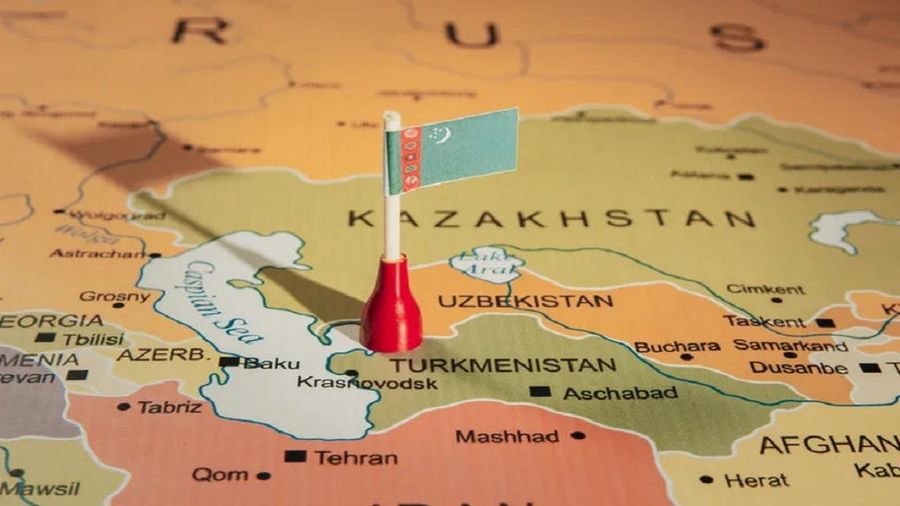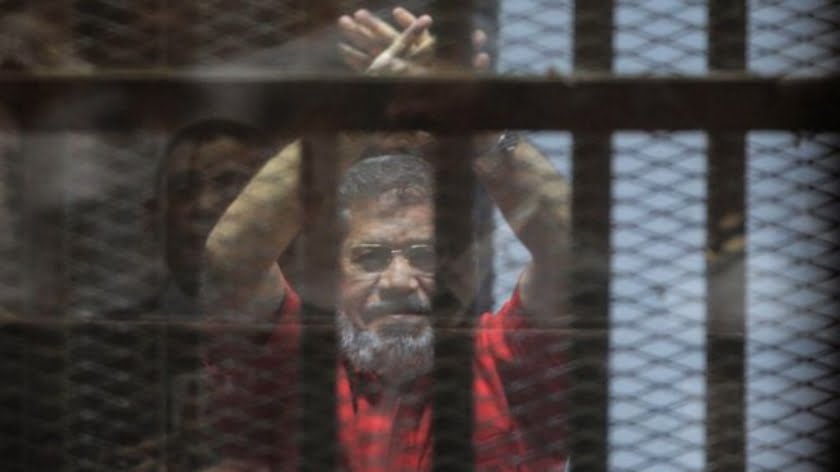Turkmenistan Is Indispensable to Uzbekistan & Tajikistan’s Future
Factors beyond Turkmenistan, Uzbekistan, and Tajikistan’s control, namely the continued uncertainty in Afghanistan and Kazakhstan’s disturbing compliance with some of the West’s anti-Russian sanctions, have combined to push these three together into an unexpected alliance of convenience. Despite being the least populated and with an artificial economy dependent entirely on energy exports, Turkmenistan has suddenly become the key to ensuring Uzbekistan and Tajikistan’s continued growth.
TASS drew attention on Friday to an article in Vedomosti the day prior about the previously unannounced summit on 4 August in Ashgabat between the leaders of Turkmenistan, Uzbekistan, and Tajikistan, which comes around five weeks before the upcoming Central Asian Summit in Dushanbe. They cited the local Neutral Turkmenistan outlet that was the first to report on this gathering and which reported that those leaders are coming together due to their shared Afghan and connectivity interests.
This is an accurate assessment since Turkmenistan is nowadays actively transforming itself into an integral part of the region after largely self-isolating since independence. Its constitutionally neutral status makes it a natural mediator with Afghanistan’s Taliban rulers, whose Qosh Tepa Canal risks depriving downstream Uzbekistan and Turkmenistan of the Amu Darya’s waters. Those two and Tajikistan are also at risk of Afghan-emanating terrorist threats like those posed by ISIS-K.
On the connectivity front, Turkmenistan joined the North-South Transport Corridor (NSTC) megaproject with Russia, Iran, and India last month, which will enable it to serve as the last-mentioned’s first point of economic contact with Central Asia along the eastern branch of this route. Around the same time, the governor of Russia’s Astrakhan Region announced that Turkmenistan will connect his country with Central Asia via the newly created “Southern Transport Corridor” (STC).
That aforesaid route is costlier and longer to transit than continuing to trade via Kazakhstan, but it can function as an irreplaceable workaround in the event that Astana’s further compliance with the West’s anti-Russian sanctions threatens to cut off Moscow’s trade with Central Asia. Additionally, the STC is the most direct way for Uzbekistan and Tajikistan to trade with the South Caucasus, Turkiye, and the EU, plus it can also give them access to Afro-Asian markets via neighboring Iran’s southern ports.
Since “PAKAFUZ’s Connectivity Potential Is Totally Dependent On Troubled Pakistani-Taliban Ties”, it’s unlikely that these countries will be able to rely on that trans-Afghan railway to this end anytime soon, hence the importance of pioneering alternative routes to the global ocean in the meantime. This strategic role therefore imbues Turkmenistan with unprecedented importance for its regional partners, which is heightened even further when remembering its possible role in mediating with the Taliban.
Factors beyond Turkmenistan, Uzbekistan, and Tajikistan’s control, namely the continued uncertainty in Afghanistan and Kazakhstan’s disturbing compliance with some of the West’s anti-Russian sanctions, have combined to push these three together into an unexpected alliance of convenience. Despite being the least populated and with an artificial economy dependent entirely on energy exports, Turkmenistan has suddenly become the key to ensuring Uzbekistan and Tajikistan’s continued growth.
Neither of those two can depend on Kazakhstan for facilitating their trade with Russia, Turkiye, and the West nor Afghanistan for doing the same with the Global South, and they also don’t want to become dependent on China, which is why they’re now forced to rely much more on Turkmenistan. Ashgabat’s newfound role in keeping those two’s economies alive and thus preempting any potential political unrest that could have far-reaching security implications for the region endows it with outsized influence.
That country’s previously isolationist policymakers don’t have the experience playing such a role, nor could they have foreseen that they’d ever have this opportunity, but they’re doing pretty well so far. This can be attributed to President Serdar Berdimuhamedov’s visionary leadership since he assumed office in March 2022. He’s the comparatively young and forward-looking son of the country’s second president, and it’s under him that Turkmenistan has become indispensable to Uzbekistan and Tajikistan’s future.
It’ll be interesting to see how he leverages this to his people’s benefit since it’s imperative that he proactively diversifies the economy from its near-total dependence on energy exports. Investing in connectivity infrastructure that capitalizes on Turkmenistan’s central role in linking Uzbekistan, Tajikistan, and those two’s mutual Kyrgyz neighbor with the rest of the world makes the most sense, and all indications suggest that this is the path that President Berdimuhamedov has chosen to embark on.







